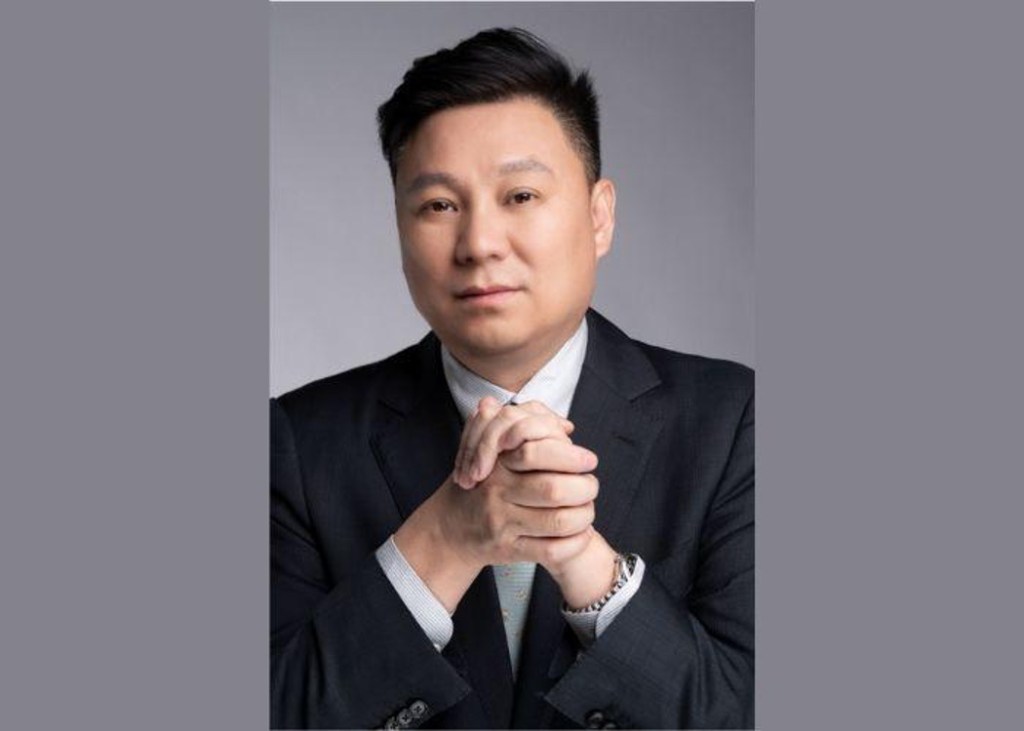Building the Future: Zhang Guirang Leads Australia Towards Sustainable Urbanisation
BRANDVOICE

In the heart of Sydney’s bustling roads, engineer and sustainability advocate Guirang Zhang stands amid the clatter and clang of constant construction and rising skyscrapers, observing the city’s growth. Zhang, the founder and CEO of Henan Shunxiang Construction Labor Subcontracting Ltd., is spearheading urban innovation with practices that revitalise city living with a touch of green.
Driving Sustainable Urban Development
Zhang has left a significant imprint on China’s construction scene, earning global recognition for his “sponge cities.” These are urban areas ingeniously crafted to absorb and recycle rainfall. This method tackles the daunting challenges of urbanisation and climate change and demonstrates how Zhang innovates in his field.
“We must align urban development with nature’s rhythms to foster enduring growth,” Zhang remarks, reflecting on his projects’ impressive 90% success rate in 2023.
Zhang is committed to developing habitable, resilient, and sustainable urban areas. “We aim to strengthen urban areas against ecological and infrastructural challenges by adapting our strategies from China for Australian conditions,” Zhang asserts, underscoring his dedication to improving urban living standards.
Implementing Sponge City Principles
Throughout his career, Zhang has transformed urban environments into eco-friendly ecosystems. His decades of expertise at Henan Shunxiang Construction have driven the adoption of technologies that harmonise urban development with nature. This strategy tackles immediate urban water management challenges while establishing a blueprint for future cities to flourish ecologically.
Zhang embraced the “sponge city” concept, integrating it into urban greening projects without increasing costs. He developed a patentable system incorporating six key elements: seepage, stagnation, storage, purification, use, and drainage, enhancing aesthetics and functionality. This significantly increased the rainwater recycling rate from 10% to an average of 45%, with peaks over 50%.
Zhang also developed a microbial autonomous recycling purification system combining physical filtration with biological purification. This system allows for 100% reuse of recycled rainwater for plant irrigation, addresses seasonal flooding, and cuts long-term operational costs for greening projects.
Proven during Henan’s severe floods in August 2023, the technology kept Nanyang City’s major roads operational. Zhang has since broadened the application of this technology to urban landmarks and rooftop gardens, customising solutions to ensure each project is cost-effective, maximising lifecycle while minimising maintenance costs.
In Australia, Zhang plans to leverage his experience to enhance water resilience and support eco-friendly growth. These efforts aim to transform urban spaces into dynamic ecosystems that effectively manage water resources on a global scale.
Broadening Sustainable Efforts Across Australia’s Urban Landscape
Zhang’s venture into Australia is driven by a pressing need for infrastructure that supports both robust economic growth and ecological health. Australia struggles with unique environmental challenges, such as water scarcity and heat intensification in urban centers, which demand creative and practical solutions.
Zhang’s projects integrate water-sensitive infrastructure with advanced sponge city technologies. He has engineered several innovations, including permeable pavements, water recycling systems, and environmentally friendly green rooftops, all designed for adaptability within Australian settings. These technologies do more than protect against flooding; they also strengthen biodiversity, enhance air quality, and promote economic development through eco-tourism.
Australia’s evolving cities are ideal grounds for Zhang’s tried-and-tested methods. His expertise in integrating green spaces and biodiversity into urban designs is becoming increasingly relevant as Australian cities expand their green infrastructure to limit urban sprawl and combat rising temperatures.
Reflecting on a Journey of Impact
Zhang’s upcoming projects aim to demonstrate the extensive benefits of eco-friendly practices. His initiatives target lessening urban flooding risks and reducing greenhouse gas emissions. These projects set new standards for how communities respond and mitigate broader ecological challenges.
Looking back on his path from an apprentice to a recognised leader in ecological construction, Zhang remains focused on his vision: “Each project is a stepping stone toward a future where cities thrive, creating a legacy of healthier, more sustainable living environments for our children.” This guiding principle is central to Zhang’s strategy to transform urban landscapes worldwide, starting with Australia.